The above information was presented at the seminar "Transportation enterprises with the cause of developing transport infrastructure and international integration" organized by Giao thong Newspaper on the afternoon of October 11.
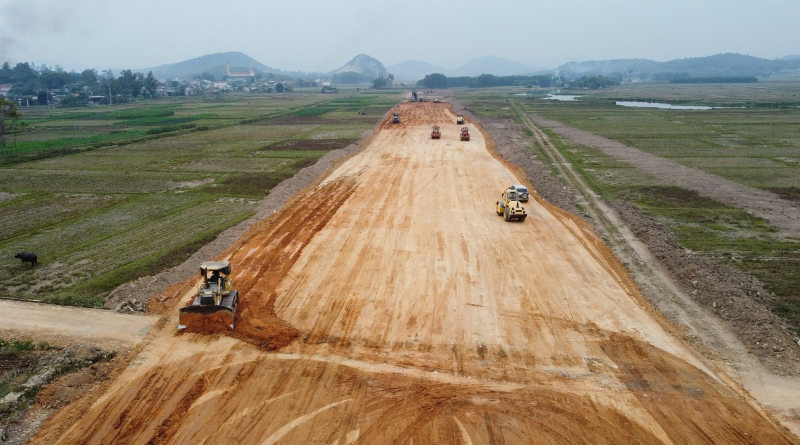
Only 3 North-South Expressway projects phase 1 are implemented under the PPP form.
As a company participating in 3 BOT projects (Phap Van - Cau Gie Expressway, Bach Dang Bridge, Ha Long - Van Don Expressway), Mr. Pham Van Khoi, General Director of Phuong Thanh Transport Investment and Construction Joint Stock Company, said that mobilizing private capital for infrastructure is very difficult. Therefore, it is necessary to open up PPP capital sources and socialize investment.
Mr. Khoi also shared that in the period 2011 - 2020, transportation projects mobilized PPP capital well, but in the past, they could not mobilize it due to legal basis.
The PPP Law is relatively comprehensive, but when it comes to implementation, investors are always "inferior" to state management agencies. "What is beneficial to the state is collected, but what is harmful to businesses is sometimes not taken into account, this is extremely unfair," said Mr. Khoi.
According to Mr. Khoi, the provisions for contract adjustment and price adjustment in the PPP law are all stipulated but never implemented and to implement them, it is necessary to apply to many levels. Investors spend money but sometimes the state management agency manages them like a contractor.
Mr. Khoi cited the Phap Van - Cau Gie expressway project, Phuong Thanh Transport Investment and Construction Joint Stock Company only completed it in 24 - 33 months, while if the project was done under public investment, no project would take less than 4 - 5 years.
Another difficulty in implementing PPP projects is the source of loans. The reason is that, in addition to 15 - 30% of equity, businesses borrow 70 - 85% of capital from banks or credit institutions.
"However, bank loans will not bear the risks that investors have to bear, which is very difficult. Banks are very wary of investors, so they need to calculate the source of income to repay the debt before they lend. Therefore, consulting and design agencies need to be close to the financial plan, the fee collection period fluctuates around 15 - 20 years, if it is too long, the bank will also... wave goodbye," Mr. Khoi stated the reality.
According to Major General Nguyen Huu Ngoc, General Director of Truong Son Construction Corporation, in recent times, the Party, State and National Assembly have paid attention to investing in infrastructure and this is an opportunity and room for transportation businesses.
For expressway projects, the Ministry of Transport will allocate from 2,000 to 10,000 billion VND/project for enterprises to increase their internal resources and have a set of financial documents to go further and be able to bid internationally. Mr. Ngoc also proposed to build a set of norms because recently some projects have suffered losses during implementation.
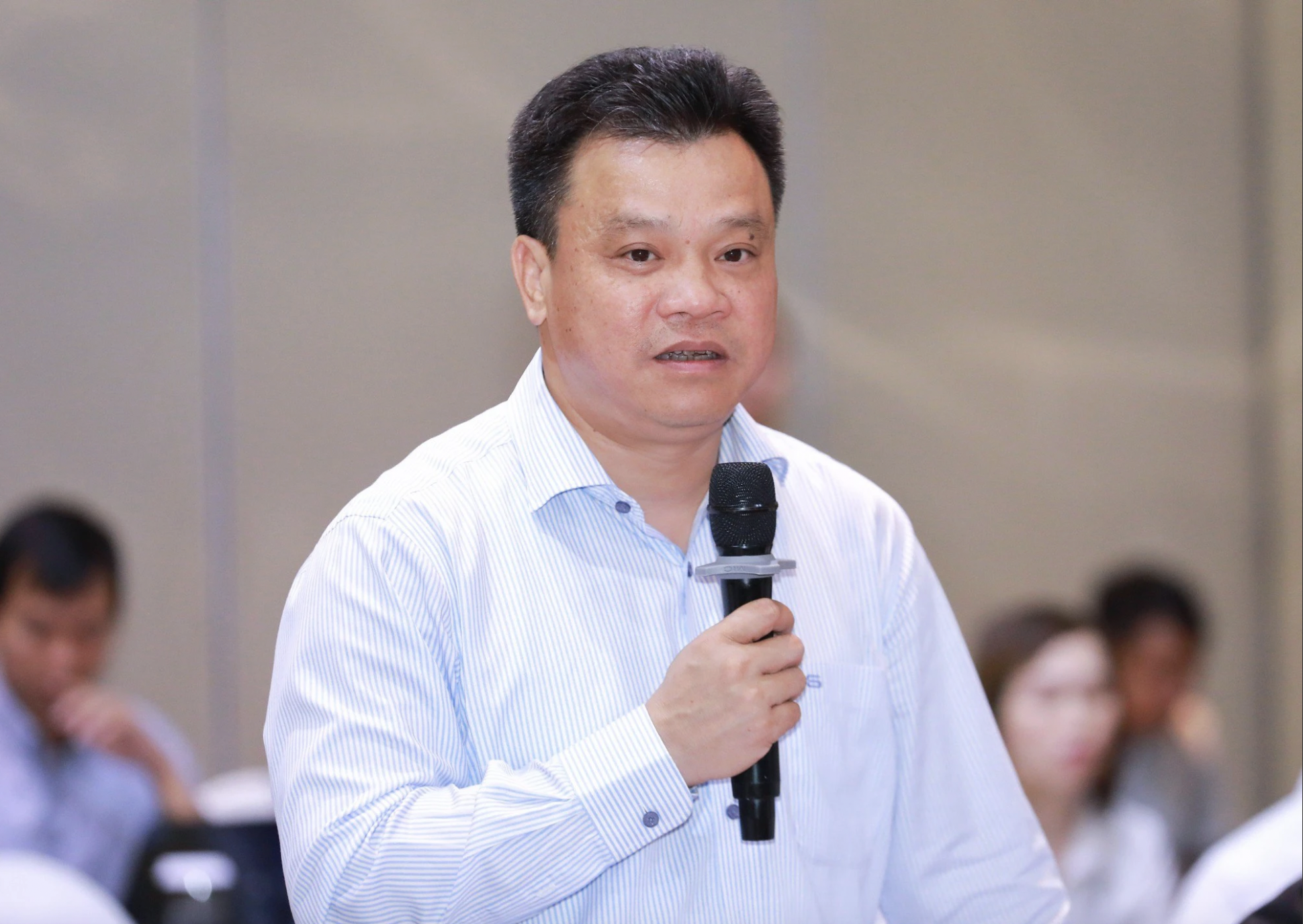
Mr. Le Kim Thanh, Director of Vietnam Expressway Administration
According to Mr. Le Kim Thanh, Director of the Vietnam Expressway Administration (Ministry of Transport), BOT transport projects always require large investment capital, and construction enterprises depend heavily on loans from banks and credit institutions. When the project does not have enough revenue, banks are concerned that PPP projects will be risky and at the same time tighten long-term credit, which directly affects the capital sources of investors.
On the other hand, the fact that some projects have parallel roads has led to traffic diversion, reducing revenue and making it unattractive to transport PPP investors.
To resolve these difficulties, the Ministry of Transport is directing and the Vietnam Expressway Administration to submit to the Prime Minister to handle BOP traffic projects and create confidence for investors to attract resources to invest in the projects.
"According to Article 82 of the PPP Law, if a business collects a capital recovery fee exceeding 132%, it must share 50% with the State, but if the business's revenue drops below 50%, it must go through many levels and mobilize resources to compensate for that revenue shortfall. Therefore, the Ministry of Planning and Investment is accepting opinions and adjusting the PPP Law to suit Vietnam's reality," Mr. Thanh said.
Emphasizing his responsibility as a management agency, Deputy Minister of Transport Le Dinh Tho pledged that the ministry will review and research to find solutions to remove the limitations and shortcomings in mechanisms and policies raised by businesses.
Source link





![[Photo] General Secretary To Lam receives Chief of the Central Office of the Lao People's Revolutionary Party](https://vphoto.vietnam.vn/thumb/1200x675/vietnam/resource/IMAGE/2025/5/30/140435f4b39d4599a3d17975dfb444c5)




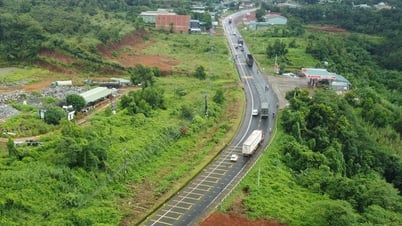




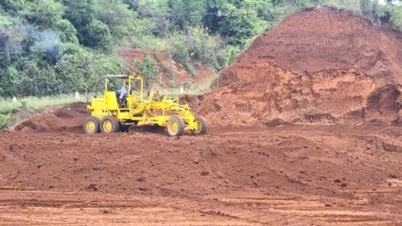





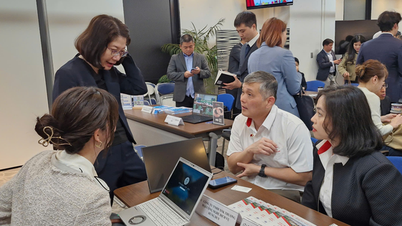











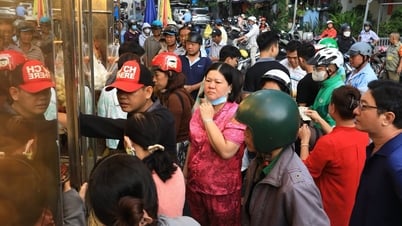

![[Photo] National Conference "100 years of Vietnamese Revolutionary Press accompanying the glorious cause of the Party and the nation"](https://vphoto.vietnam.vn/thumb/1200x675/vietnam/resource/IMAGE/2025/5/30/1cf6cd5c8a934ebfa347028dcb08358c)















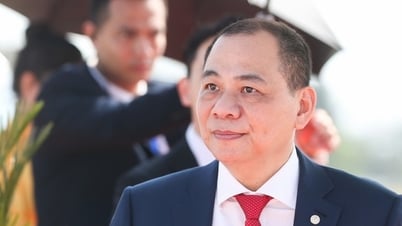










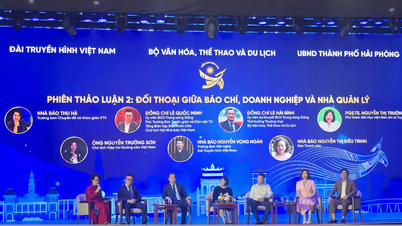













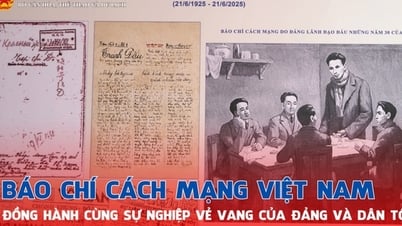


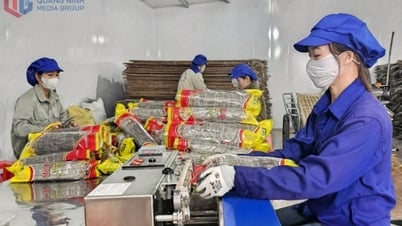



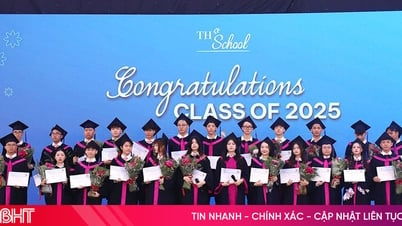

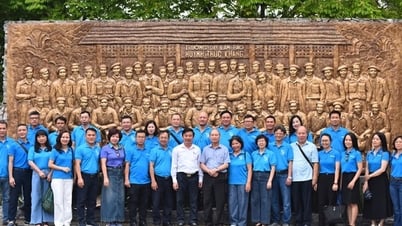








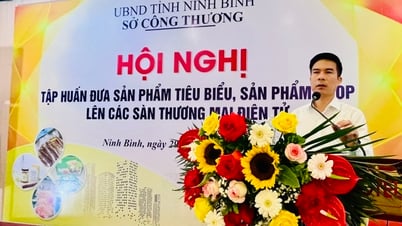





Comment (0)